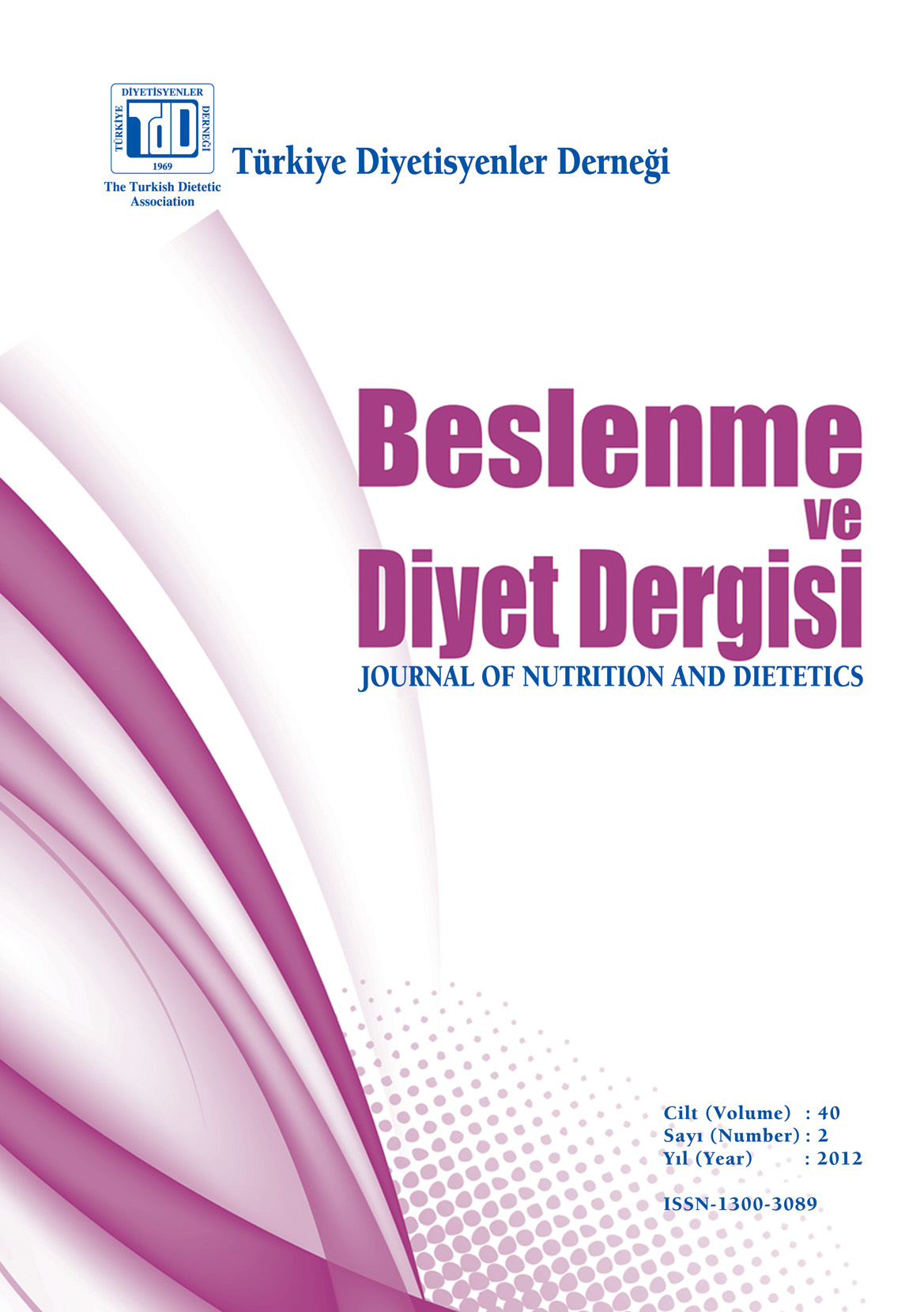Alzheimer Disease and Nutrition
Keywords:
Alzheimer’s disease, nutritionAbstract
Alzheimer’s disease is a devastating disease whose recent increase in incidence rates has broad implications for rising health care costs. It is a fact that, number of Alzheimer’s disease patient will increase associated with their average life period. Risk factors that appear on Alzheimer’s disease growth are age, family history and having ApoE s4 allel gene. A first step in the pathophysiology of the disease is represented by advanced glycation end-products in crucial plasma proteins concerned with fat, cholesterol, and oxygen transport. This leads to cholesterol deficiency in neurons, which significantly impairs their ability to function. Over time, a cascade response leads to impaired glutamate signaling, increased oxidative damage, mitochondrial and lysosomal dysfunction, increased risk to microbial infection, and, ultimately, apoptosis. It has been seen that, dietary fat, cholesterol, antioxidants, lack of polyphenols and also over dietary carbohydrate, especially fructose can cause development of Alzheimer’s disease.

